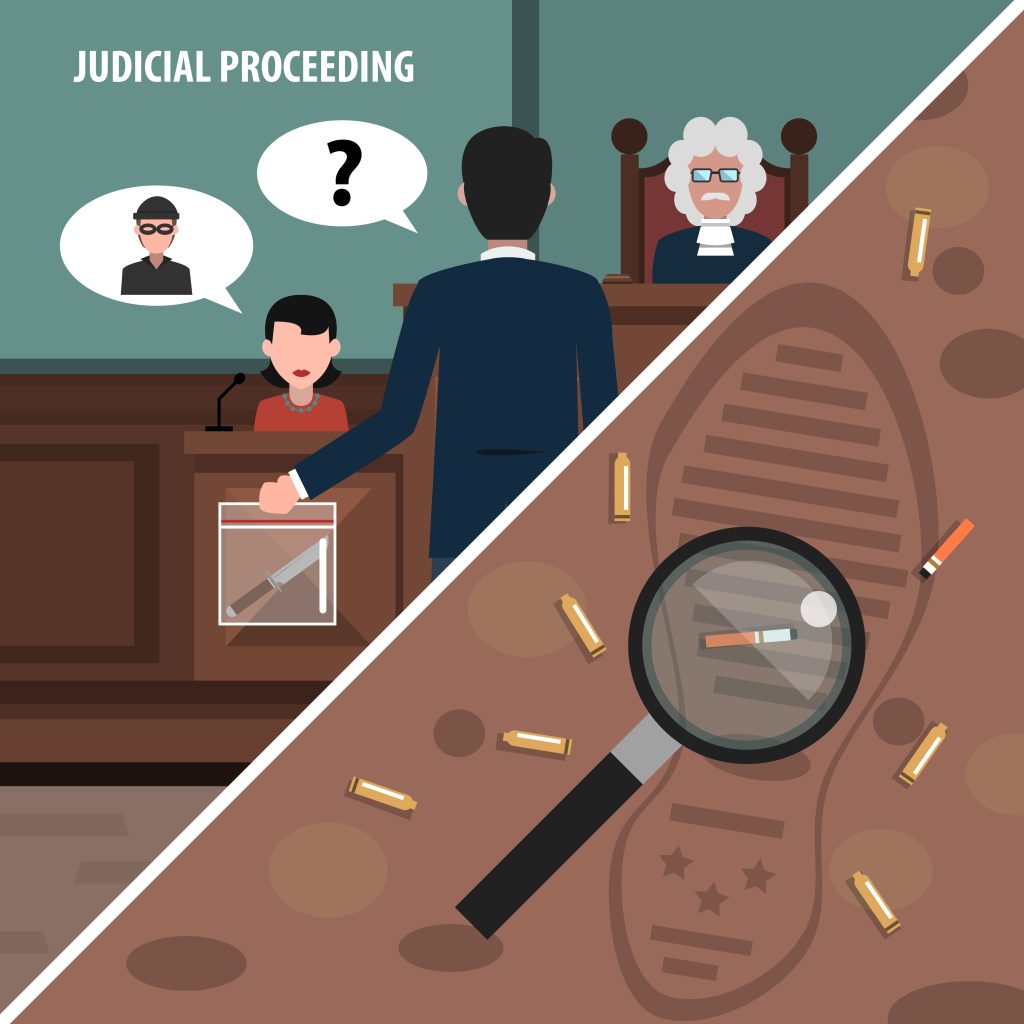Navigating Court Proceedings in Criminal Cases in Pakistan: A Comprehensive Overview of Laws and Procedures
Introduction:
In Pakistan, criminal cases are a crucial part of the legal system, ensuring justice and maintaining law and order in society. The court proceedings in criminal cases follow a well-defined structure, guided by various laws and regulations. This article aims to provide a comprehensive overview of the court proceedings in criminal cases in Pakistan, shedding light on the legal framework and procedures involved.
Legal Framework:
The primary legislation governing criminal cases in Pakistan is the Pakistan Penal Code (PPC) and the Code of Criminal Procedure (CrPC). These laws outline the definitions and punishments for various criminal offenses and establish the procedural guidelines for conducting criminal trials. Additionally, other relevant statutes, such as the Anti-Terrorism Act, 1997 and the Narcotics Control Act, 1997, apply to specific types of criminal offenses.
Filing of First Information Report (FIR):
A criminal case typically begins with the filing of a First Information Report (FIR) with the local police station. The FIR contains details of the alleged offense and serves as the foundation for the investigation and subsequent legal proceedings. It is essential for the complainant to provide accurate and complete information in the FIR, as it forms the basis for the prosecution’s case.
Arrest and Investigation:
Upon the registration of an FIR, the police initiate an investigation into the alleged offense. The investigation may involve collecting evidence, recording statements, conducting searches, and making arrests. The police are obligated to follow the principles of fairness, impartiality, and due process during the investigation to ensure the integrity of the evidence.
Bail:
After an arrest, the accused may seek bail to secure their release from custody pending the trial. Bail provisions are governed by the CrPC, which allows for both pre-arrest and post-arrest bail. The court considers factors such as the nature of the offense, likelihood of the accused’s presence during trial, and the possibility of tampering with evidence when deciding on a bail application.
Framing of Charges:
Once the investigation is complete, the case proceeds to the trial stage. During this stage, the court examines the evidence and determines whether there is sufficient material to proceed. If the court is satisfied, it “frames charges” against the accused, which means formally presenting the accusations and specifying the relevant sections of the law allegedly violated.
Trial and Examination of Witnesses:
The trial stage involves the examination and cross-examination of witnesses. The prosecution presents its case by producing witnesses and evidence, followed by the defense’s opportunity to challenge the evidence and cross-examine the prosecution witnesses. Both sides have the right to call witnesses and present evidence in support of their respective cases.
Final Arguments and Verdict:
After the completion of witness testimonies, both the prosecution and the defense present their final arguments before the court. The lawyers summarize the evidence, interpret applicable laws, and make their case for conviction or acquittal. The judge then considers all the evidence and arguments presented before pronouncing the verdict. The verdict may be one of conviction or acquittal, and if convicted, the judge will impose an appropriate sentence based on the law.
Appeals and Review:
If either party is dissatisfied with the trial court’s verdict, they have the right to file an appeal with a higher court. The appellate courts review the case for errors of law or procedural irregularities that may have influenced the original judgment. If a substantial error is found, the appellate court may set aside the conviction or order a retrial. Additionally, in exceptional cases, parties can request a review of the judgment by the same court that pronounced it.
Conclusion:
Court proceedings in criminal cases in Pakistan follow a well-defined legal framework and procedural guidelines. The laws and regulations provide a structure for fair and just trials, ensuring that the rights of both the accused and the prosecution are protected. Understanding the legal processes involved in criminal cases is vital for all stakeholders, as it contributes to a transparent and efficient justice system, upholding the principles of rule of law and due process in Pakistan.

